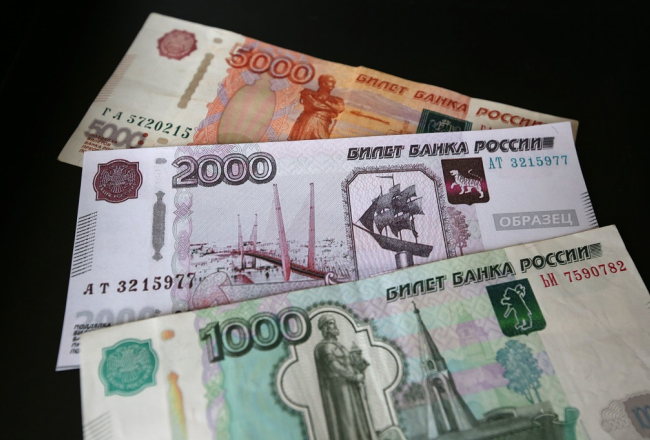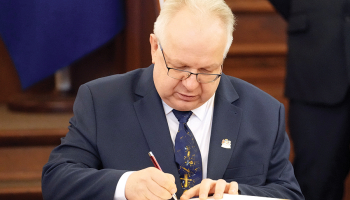
Krievijas rubļi. Foto: ITAR-TASS/LETA
It is a time of currency turmoil with the euro losing some value against the dollar, the Swiss franc strongly appreciating, the Danish krone under speculative pressure and, of course, a major depreciation of the Russian rouble, in particular in December 2014.
I will try to argue here that the impact of this rouble depreciation, of too high dependence on oil and gas, of a banking system in deep trouble, of high(er) inflation and of a neglected economy outside the oil and gas sector paints a very dark picture of the Russian economy in the short run as well as in the longer term.
Since it is a rather long entry I have divided it into 14 sub-sections.
1) Some facts: Russia is indeed dependent on oil and gas. This constitutes some 70% of exports, 50% of government budget revenue, some 20% of GDP but less than 10% of employment.













